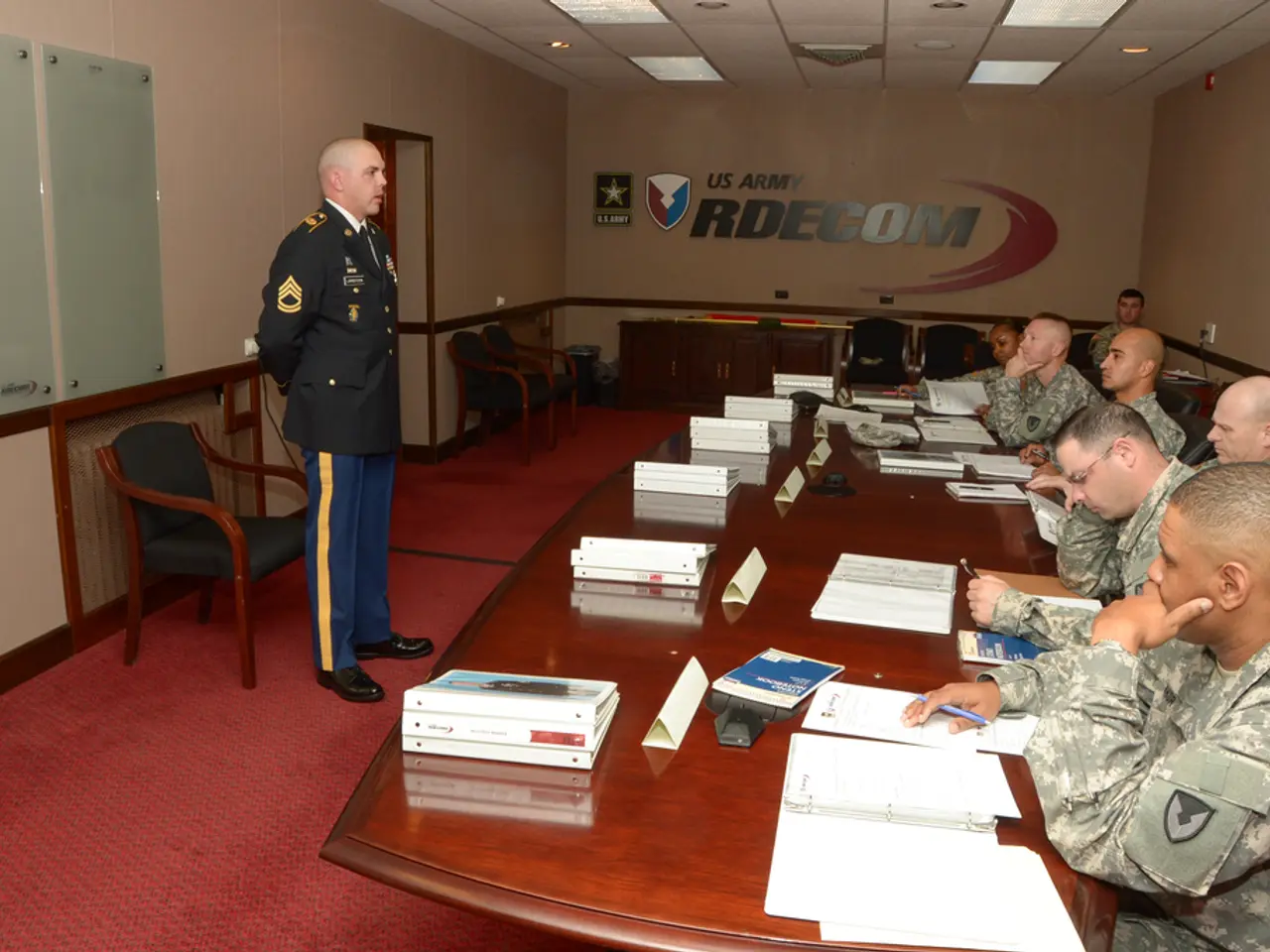Sonia Gandhi Asserted National Herald Case as Politically Motivated, Denied Allegations of Money or Property Transfer Regarding AJL
In the ongoing legal saga of the National Herald case, the Indian judicial system is grappling with the complexities of a private complaint filed under the Prevention of Money Laundering Act (PMLA), 2002. The case, which involves the Associated Journal Limited (AJL) and Young Indian, has raised questions about the jurisdiction of the court and the legitimacy of the complaint.
The PMLA, 2002, governs money laundering offences, and special courts have jurisdiction over cases under Sections 3 and 4 of the Act. Typically, the Enforcement Directorate (ED) files prosecution complaints in PMLA cases. However, in this instance, the complaint was made privately by BJP leader Subramanian Swamy.
For a court to take cognizance of a PMLA complaint, it must adhere to several procedural safeguards. According to recent Supreme Court rulings, such as the *Kushal Kumar Agarwal v. Directorate of Enforcement* (2025), the court must comply with the procedural safeguards provided under the Bharatiya Nagarik Suraksha Sanhita (BNSS), 2023.
One of these safeguards is the opportunity for the accused to be heard before cognizance is taken by the Special Court. This ensures procedural fairness. However, it is important to note that this safeguard does not apply to all complaint cases, such as those under the Negotiable Instruments Act, as clarified by the Karnataka High Court.
Another key requirement is the preliminary inquiry, where the court must examine the complaint and supporting material to satisfy itself that there are sufficient grounds to proceed. This is a substantive requirement to prevent frivolous complaints and to protect the rights of the accused.
Moreover, no other legal proceedings, such as insolvency under the Insolvency and Bankruptcy Code (IBC), can bypass or frustrate the PMLA process. Courts and tribunals lack jurisdiction to interfere with PMLA proceedings or attachment orders, as reaffirmed by the National Company Law Tribunal (NCLT) and the Supreme Court.
In the National Herald case, the Enforcement Directorate (ED) is requesting the court to take cognizance against respondents. However, the case is being considered a political one by the Senior Advocate, Abhishek Manu Singhvi, who represents Young Indian. Singhvi argues that the court lacks jurisdiction to take cognizance as there was no complaint by an authorized person.
The case has a long history, with an eight-year gap between Swamy's complaint and the ED case, and an 11-year gap between the Young Indian decision and the ED probe. Singhvi also stated that neither money nor property has been transferred, contradicting allegations of money laundering.
The court is scheduled to hear the arguments of Congress leader Rahul Gandhi after hearing the submissions of Singhvi on behalf of Sonia Gandhi. The outcome of this case will set a significant precedent for the handling of private complaints under the PMLA in India.
| Requirement | Details | |-----------------------------------|------------------------------------------------------------------------------------------| | Jurisdiction | Special PMLA courts only | | Source of Complaint | Typically ED, but private complaints must follow legal safeguards | | Procedural Safeguards | Opportunity for accused to be heard before cognizance (BNSS, Section 223(1) proviso) | | Preliminary Inquiry | Court must be satisfied of sufficient grounds for offence | | Protection from Other Proceedings | PMLA process cannot be bypassed by insolvency or other legal proceedings |
Essential Takeaways:
- A court can take cognizance of a prosecution complaint in a money laundering case based on a private complaint only if it follows prescribed procedures under PMLA and BNSS. - The accused must be offered an opportunity to be heard before cognizance is taken, as laid down in the BNSS and affirmed by the Supreme Court. - No other legal process can sidestep or override PMLA proceedings.
- In the context of the National Herald case, the Indian judicial system is weighing the legitimacy of a private complaint under the Prevention of Money Laundering Act (PMLA), 2002, as it unfolds in the ongoing saga involving the Associated Journal Limited (AJL) and Young Indian.
- The case, which has sparked debates on politics, policy-and-legislation, and general-news, revolves around the jurisdiction of the court and the nature of the complaint, with Senor Advocate Abhishek Manu Singhvi arguing that the court lacks jurisdiction due to the non-involvement of an authorized person in the filing of the complaint.








